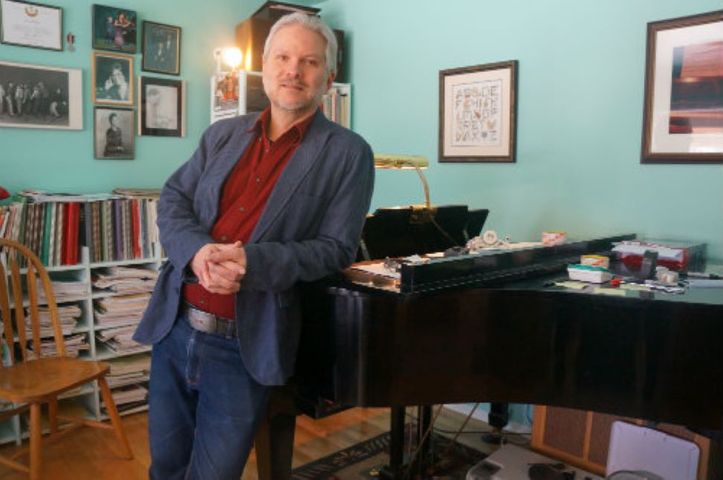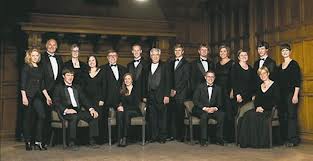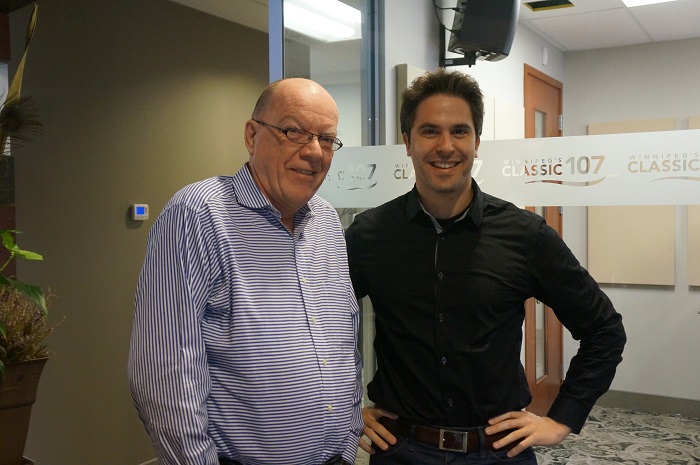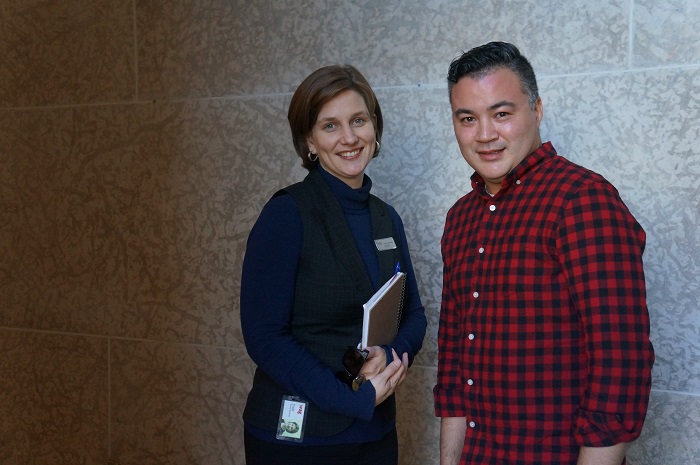Arts & Culture
From scales to schedules: rural music teachers prepare for unique challenges
Heading back into the routine of music lessons is a little bit more daunting for those teaching music outside of Manitoba’s largest urban centres. Concerns around mileage, scheduling and venues are just some of the challenges these music educators face on top of the typical recital organization and examination preparation. Despite all of that, Loren Hiebert thinks that he has the better deal when compared with his city counterparts. “My commute to Winkler and Morden is blissful,” says the Altona-based piano instructor who is going into his 45th year teaching in the Pembina Valley. “It’s about a 30-minute drive and I get to see how the landscapes changes throughout the year.” Managing a studio of around 50 students spread between communities does mean that Hiebert’s schedule is perhaps more hectic than the average teacher. In recent years, though, that schedule has been made easier with innovations brought on by necessity through the height of the COVID-19 public health lockdowns. “It’s been a huge blessing in disguise,” says Hiebert, noting that he can now offer his keyboard harmony training – an uncommon specialty in Canada – to students as far away as British Columbia. Another blessing that Hiebert celebrates is the flexibility of classroom teachers in the communities he offers in-person lessons in that have allowed students to leave class for piano lessons during the school days. This has made the scheduling aspect of Hiebert’s musical life much easier, something that he says took many years to master. “Working with parents is huge, finding out what works for them,” Hiebert says of the tricks to managing his studio, which also include balancing adult students on a biweekly lesson schedule and providing options in timing. The extra attention to meeting students where they are at literally means that Hiebert develops a closer relationship with his students than if they were based in Winnipeg. “Teaching in a rural environment as I have for all these years has taught me the value of community involvement,” Hiebert says. “You can sort of find your niche in a small community and plug into a number of different aspects of that community life, which I’ve really enjoyed. I think it’s been beneficial to my students as well in that I can share my professional experience as an accompanist, adjudicator and what have you, which might not have all happened if I had been in Winnipeg the whole time.”






















